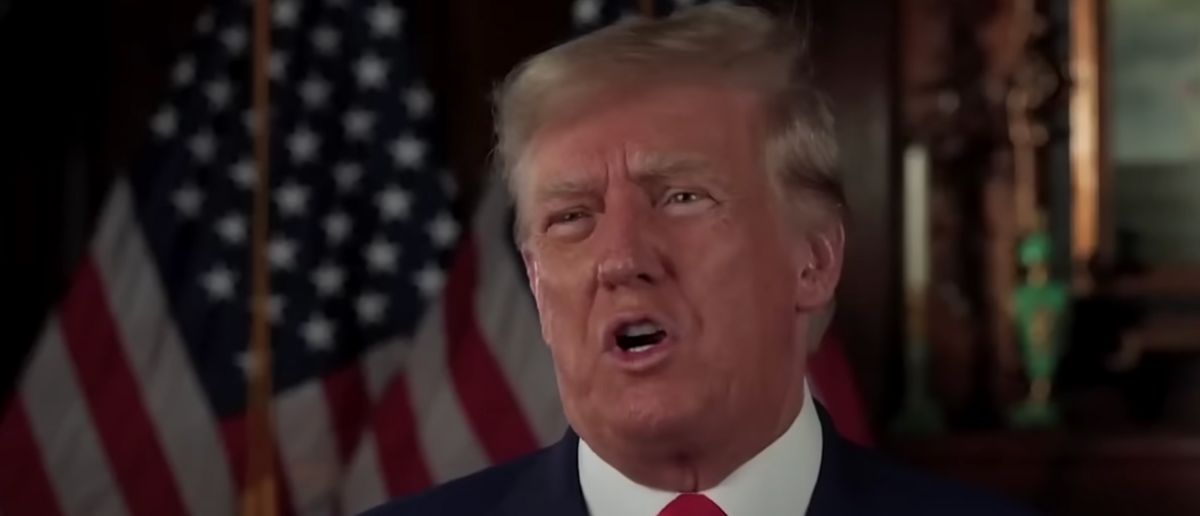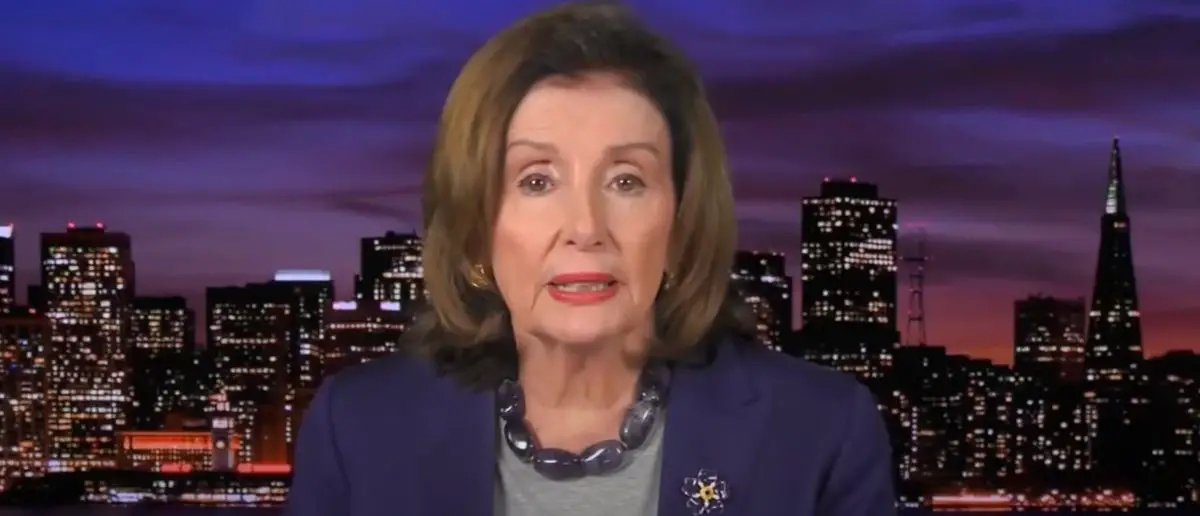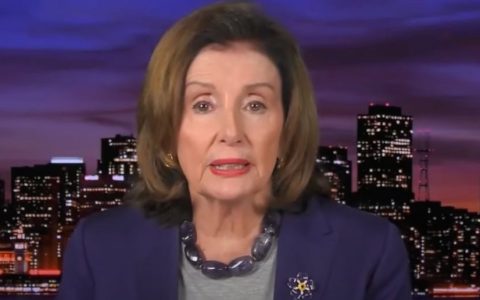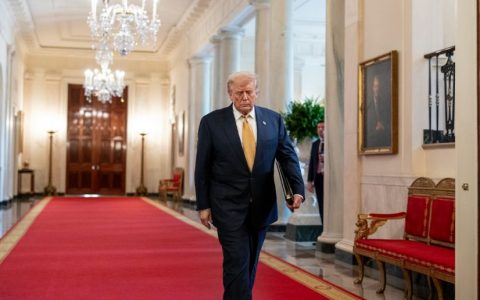
The entire world has been taking advantage of America. Those days are over.
Because President Trump just put the world on notice with this momentous announcement.
Trump Administration Halts WTO Funding Amid Ongoing Tensions
The Trump administration has taken a decisive step by suspending financial contributions to the World Trade Organization (WTO) as of Thursday, March 27. This move marks a significant escalation in President Donald Trump’s ongoing efforts to reshape America’s relationship with international organizations, which he has repeatedly accused of weakening U.S. sovereignty and misusing American taxpayer money.
The suspension affects U.S. funding for both 2024 and 2025, cutting off approximately 11% of the WTO’s annual operating budget. According to Reuters, the organization’s total budget for 2024 stands at around $232 million, making the U.S. contribution a substantial piece of its financial framework. Trump has been vocal about his frustrations with the WTO for years, often pointing to what he perceives as unfair treatment of the United States.
In a statement from May 2020, he questioned the organization’s structure: “Why is it that China, for decades, and with a population much bigger than ours, is paying a tiny fraction of [dollars] to The World Health Organization, The United Nations and, worst of all, The World Trade Organization, where they are considered a so-called ‘developing country’ and are therefore given massive advantages over The United States, and everyone else?” This critique zeroes in on China’s designation as a “developing country” within the WTO—a status that grants Beijing extended timelines for compliance, lower membership dues, and access to billions in World Bank loans typically reserved for less prosperous nations, despite China boasting the world’s second-largest economy.
Why is it that China, for decades, and with a population much bigger than ours, is paying a tiny fraction of $’s to The World Health Organization, The United Nations and, worst of all, The World Trade Organization, where they are considered a so-called “developing country” and…
— Donald J. Trump (@realDonaldTrump) May 16, 2020
The administration’s discontent with the WTO is not new. Back in 2019, Trump effectively crippled the organization’s highest appeals body by refusing to approve judicial appointments, leaving its primary dispute resolution system in limbo. Critics of the WTO within the administration argue that the body has engaged in judicial overreach and consistently ruled against U.S. interests in trade disputes. The decision to freeze funding now amplifies those earlier actions, signaling a deeper rejection of the WTO’s current framework.
China’s “developing country” status remains a central grievance. The Wilson Center, a think tank focused on international affairs, has called this classification an outdated loophole that allows an economic giant to exploit benefits meant for struggling nations, often at the expense of developed democracies like the United States. Reuters reports that Trump administration officials raised this exact concern during private WTO budget discussions in early March, pressing for reforms that have yet to materialize.
While the U.S. has not announced a full withdrawal from the WTO, the funding suspension is poised to stir diplomatic and economic ripples. Under WTO rules, the organization can impose penalties on member states that fail to pay their dues, but its diminished legal capabilities—partly due to Trump’s earlier actions—may hinder any meaningful enforcement.
The freeze adds to a pattern of disengagement from global institutions under Trump’s leadership. He has already pulled the U.S. out of the World Health Organization, reduced contributions to the United Nations, and hinted at abandoning other international agreements he views as disadvantageous to American interests.
The funding halt leaves the WTO in a precarious position, reliant on other members to fill the gap or face operational setbacks. For Trump, it’s a clear message: the United States will no longer foot the bill for a system he believes fails to prioritize American prosperity.
A History of America Being Taken Advantage Of
The Trump administration’s decision to suspend WTO funding fits into a larger narrative of the United States growing weary of being the world’s financial and military backbone. For decades, America has borne a disproportionate share of the burden in supporting international organizations and defending allies, often with little reciprocity. This pattern stretches back to the post-World War II era, when the U.S. emerged as a global superpower and took on the role of rebuilding Europe through the Marshall Plan while establishing institutions like the United Nations and NATO.
During the Cold War, the U.S. spent trillions of dollars fortifying Western nations against Soviet influence, stationing troops across Europe and Asia to deter aggression. Allies like Japan and Germany, devastated by war, leaned heavily on American defense and economic aid to rebuild—yet, as their economies soared, contributions to shared security remained minimal. By the 1980s, the U.S. was funding over 70% of NATO’s budget, while European nations with thriving economies paid far less, expecting American taxpayers to safeguard their borders.
This trend extended beyond military alliances. In global trade and development, the U.S. has long been pressured to bankroll initiatives that benefit other nations disproportionately. The World Bank and International Monetary Fund, both headquartered in Washington, D.C., have relied on American capital to offer loans and grants—sometimes to countries like China, which critics argue no longer need such assistance. Meanwhile, America’s trade deficits ballooned as partners exploited open markets without matching access for U.S. goods.
The expectation that the U.S. will fund everything and defend anyone has fueled resentment among American leaders and citizens alike. Trump’s “America First” stance taps into this frustration, challenging a status quo where the U.S. is cast as the perpetual benefactor.
From NATO to the WTO, his administration has sought to renegotiate or retreat from arrangements where the United States appears to give far more than it gains—a sentiment that resonates with a nation tired of carrying the load while others reap the rewards.
Stay tuned to the DC Daily Journal.





